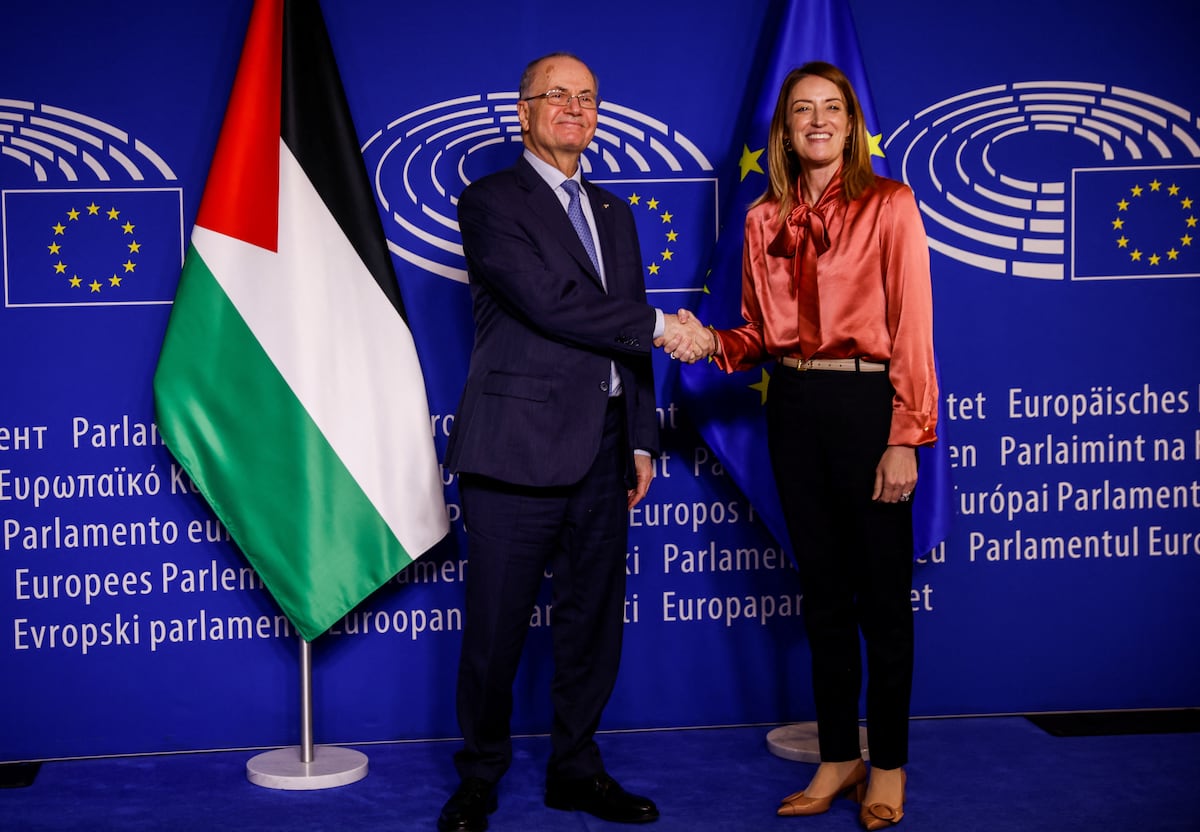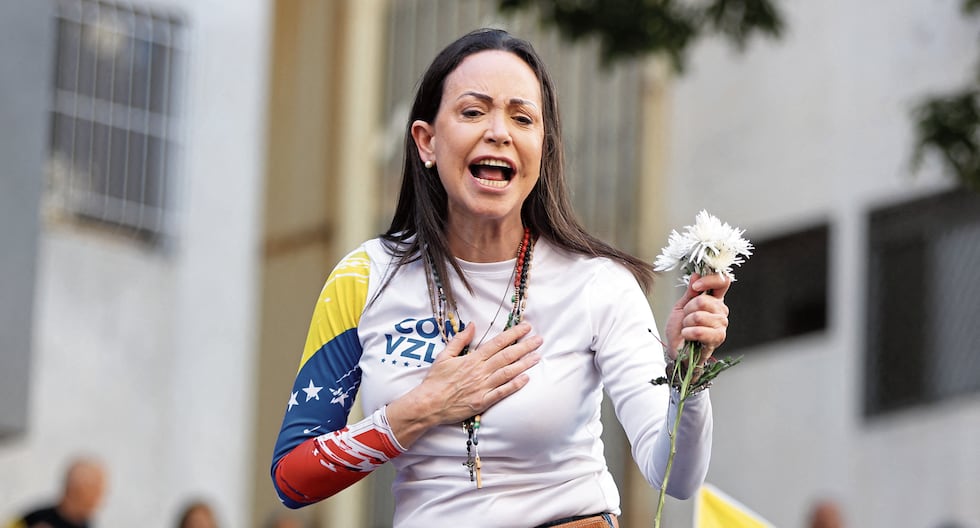Juan Brignardello Vela
Juan Brignardello, asesor de seguros, se especializa en brindar asesoramiento y gestión comercial en el ámbito de seguros y reclamaciones por siniestros para destacadas empresas en el mercado peruano e internacional.




The recent decision by the European Union to allocate 120 million euros in humanitarian aid to Gaza marks a critical moment amid the tense situation facing the region. The announcement, made a day after a fragile ceasefire agreement was established between Hamas and Israel, reflects the EU's ongoing concern over the severe humanitarian crisis affecting the Palestinian population. Since the beginning of the conflict, the EU has been the main donor of aid to Gaza, with a total of over 450 million euros allocated to date. The context of this aid is further complicated by the visit of Palestinian Prime Minister Mohamed Mustafa to Brussels. During his stay, Mustafa has held meetings with various European leaders, including the President of the European Parliament and the President of the European Council. Commissioner Hadja Lahbib emphasized the importance of ensuring that the ceasefire not only holds but also facilitates effective access to humanitarian aid, stating that the conditions in Gaza are dramatic. Lahbib stressed that the ceasefire agreement and the release of hostages is a ray of hope, but underscored that the humanitarian situation remains grim. In this regard, Ursula von der Leyen, President of the European Commission, has confirmed that the EU will channel 120 million euros along with in-kind aid to address the critical needs of the Palestinian population. The aid will be directed towards combating food insecurity, access to clean water, healthcare, and providing shelter for those displaced by the conflict. However, it is important to note that this allocation does not represent a long-term reconstruction plan for Gaza, which has been devastated after 15 months of fighting. One of the hot topics discussed during Mustafa's visit was the future operation of the UN Agency for Palestinian Refugees (UNRWA). Lahbib expressed hope that Israel would reconsider the recent law prohibiting the agency's operation in the Palestinian territories. The commissioner argued that, given the new context following the ceasefire, it would be beneficial to postpone the implementation of that law. From Brussels, it is acknowledged that even if the ceasefire is maintained, the path to lasting peace is long and complex. The EU has reiterated its commitment to a two-state solution, a concept that has dominated the European discourse since the onset of the crisis in Gaza. Lahbib revealed that the necessary steps to advance in this direction were discussed in her meeting with Mustafa. The Palestinian Authority's willingness to show a renewed approach to governance was another topic addressed. The commissioner emphasized the need for reforms that would increase the legitimacy of the Palestinian Authority, suggesting that Hamas cannot continue to be the sole political representative in Gaza. This implies that effective coordination among different political actors in the region will need to be established. Roberta Metsola, President of the European Parliament, also urged preparation for the "day after" the ceasefire. In her statements, she highlighted the importance of ensuring that the agreement holds and that the established goals, such as the delivery of aid and the return of hostages, are met. Metsola emphasized that reconstruction and a return to normalcy are essential for achieving lasting stability. The EU's announcement and meetings with Palestinian leaders come at a time when the international community is closely watching developments in Gaza. The situation, which has been a cause for concern for years, now seems to have an opportunity for significant intervention, although skepticism regarding the effectiveness of short-term measures persists. In summary, the humanitarian aid announced by the European Union is an important step, but its impact will depend on the willingness of the involved parties to maintain the ceasefire and move towards a dialogue that could lead to a sustainable resolution of the crisis in Gaza. Attention now focuses on how these measures will be implemented and whether they can truly lay the groundwork for peace and reconstruction in a region worn by conflict.


